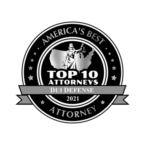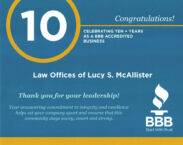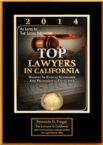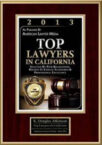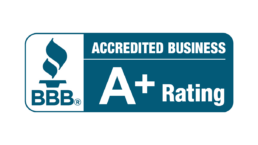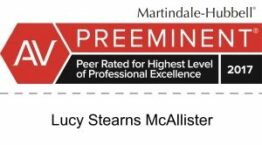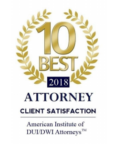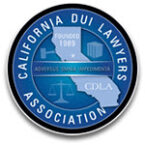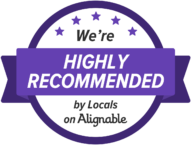The Law Offices of Lucy S. McAllister provides vigorous criminal defense to people in the San Francisco Bay Area who have been charged or accused of drug charges. When you are arrested for drugs, your life can come crashing in on you unless you get help. Over time, a person’s ability to choose not to take drugs can be compromised. Drug seeking becomes compulsive, in large part as a result of the effects of prolonged drug use on brain functioning and, thus, on behavior. Addiction is a chronic relapsing brain disease.
About Addiction
- Addiction is a brain disease.
- Addiction is NOT a moral failure.
- Drugs and alcohol can “hijack” the brain’s natural pleasure pathways.
- The risk factors for addiction include genetic and environmental factors (stress, availability).
- Drug and alcohol abuse usually begins in adolescence, when the brain is still undergoing dramatic changes in both structure and function.
- The younger a person starts misusing drugs or alcohol, the greater the chances they will become addicted.
About Treatment
- Addiction is a treatable illness.
- The sooner an addict gets into treatment the better.
- The longer an addict stays in treatment, the greater the chance treatment will be effective.
- There are medical treatments available to help treat addiction to opiates (prescription painkillers, heroin) and alcoholism.
- Evidence-based behavioral therapies are the best available treatments for treating addiction to stimulants (cocaine, methamphetamine).
- Adolescents with drug or alcohol problems may require a different type of treatment than adults.
- Treatments for addiction are as effective as treatments for diabetes, hypertension, or asthma.
- Temporary abstinence and reduced consumption are beneficial for the patient and the community in which the patient lives. If treatment contributes to these intermediate steps, as well as to the ultimate goal of permanent abstinence, it is working.
- Triggers can cause relapse, and relapse is a part of the disease, not (necessarily) a sign of failure.
In order to get help you must first, have an attorney, Lucy S. McAllister who believes in you and believes that treatment NOT JAIL is what you need. She will help you find the best program for you or a loved one, she will support you and most importantly she will not judge you if you relapse, but get you BACK ON THE ROAD TO RECOVERY.
For an initial confidential consultation, and for more information please e-mail us or call us at (877) 280-9944 – 24 hours a day.

